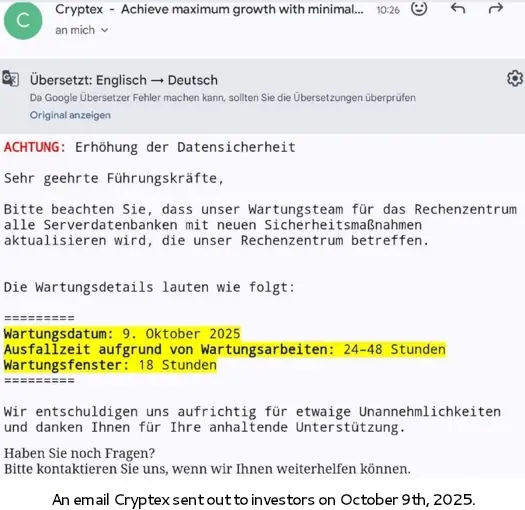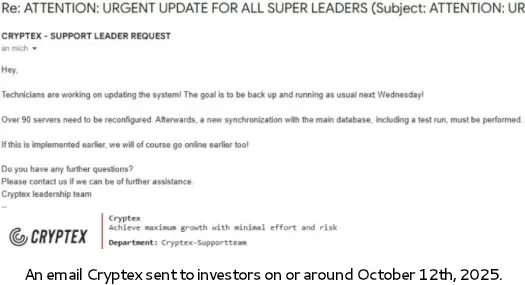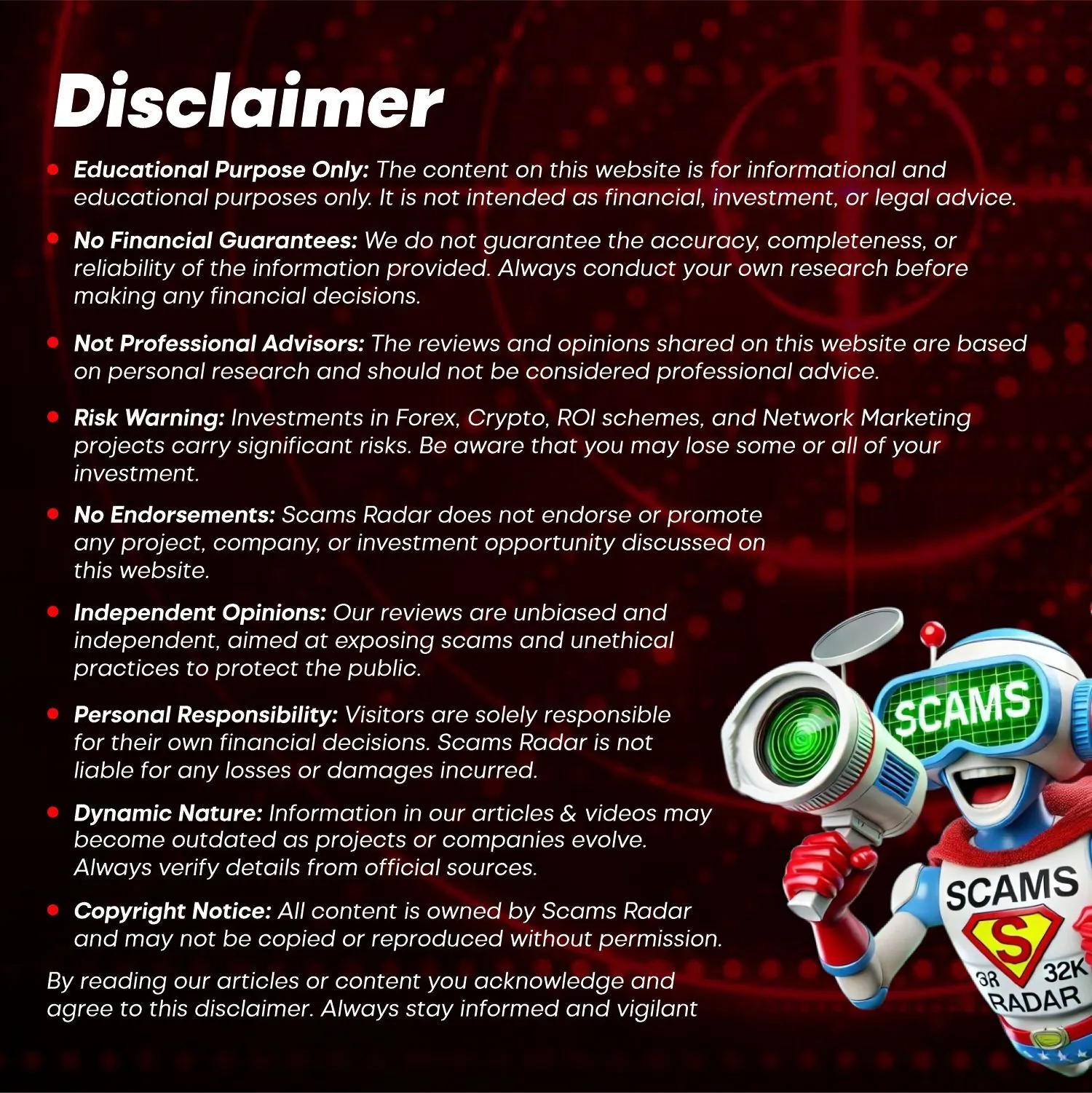On September 30, 2025, Juan Arellano, a promoter of the iComTech Ponzi scheme, was sentenced to time served and three years of supervised release in the U.S. District Court for the Southern District of New York, per DOJ records and court filings. The sentencing follows Arellano’s guilty plea on February 29, 2024, to one count of conspiracy to commit wire fraud, carrying a maximum of 20 years in prison Arellano, 35, from Nashua, New Hampshire, must forfeit $1.74 million already seized by the U.S. government and is jointly liable for $789,218 in restitution to victims, shared with co-defendants David Carmona, Marco Ruiz Ochoa, Moses Valdez, David Brend, and Gustavo Rodriguez, per.
iComTech, founded in mid-2018 by David Carmona and promoted by Arellano, Ochoa, Valdez, Brend, and Rodriguez, was a multi-level marketing (MLM) cryptocurrency Ponzi scheme that collapsed by late 2019, defrauding investors of over $100 million, per DOJ and SEC filings. Promoters falsely promised daily returns of 0.9%–2.8% from “cryptocurrency mining and trading,” doubling investments in six months, but used new investor funds to pay earlier victims and for personal enrichment, including luxury goods and real estate. The scheme targeted Spanish-speaking communities in the U.S. and abroad, with promoters hosting lavish expos to lure victims, per. The Commodity Futures Trading Commission (CFTC) and SEC also pursued civil charges, securing a $5 million penalty against promoters in December 2024.

Arellano’s lenient sentence contrasts with harsher penalties for co-defendants:
Moses Valdez, the last defendant, is scheduled for sentencing, having filed a submission on October 9, 2025, seeking time served like Arellano, per. Valdez, a 29-year-old from Hesperia, California, testified against Brend and Rodriguez, highlighting his background in day trading and prior schemes like AirBit Club and Nebula ($30,000 losses), per.

The iComTech case, part of the DOJ’s crackdown on crypto Ponzi schemes since 2022, underscores risks in MLM crypto investments, with $1B+ in global losses from similar scams like Forsage, per. The SEC and CFTC‘s parallel civil actions resulted in a $5 million penalty and asset freezes, emphasizing unregistered securities violations under the Securities Exchange Act. X posts from @CryptoLawyerz highlight the sentencing as a “win for victims,” with calls for faster restitution, per [post:0]. Bitcoin (BTC) ($107,980) and Ethereum (ETH) ($4,070) remain unaffected, per CoinMarketCap, but the case reinforces regulatory scrutiny amid $75B in 2024 crypto fraud losses, per.

Investors should verify platforms via sec.gov and cftc.gov, avoiding MLM schemes promising high returns. BTC support at $107,000 and ETH at $4,000 are key; dollar-cost average with stop-losses or diversify into USDC, per TradingView. Follow @TheBlock__ on X for fraud alerts. The iComTech verdicts, with $789,218 restitution, signal stronger enforcement, potentially deterring scams in 2026.
